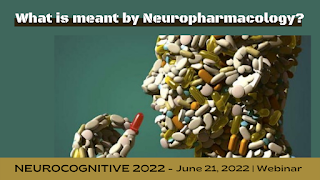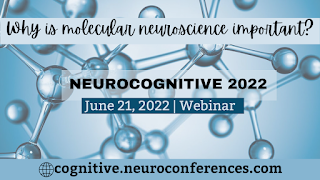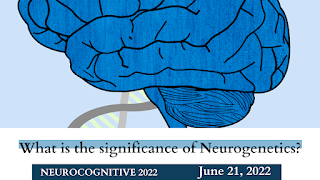What is meant by neuropharmacology?
Neuropharmacology
is that the study of the consequences of medicine on the system nervosum, going
to develop compounds to learn humans with medical specialty and disorder. Human
neural root cells and Neuropharmacology publishes top quality, original
analysis at intervals the discipline of neurobiology. The stress of
Neuropharmacology is on the study and understanding of the actions of
celebrated exogenous and endogenous chemical agents on biology processes within
the class system nervosum. Work with non-mammalian and invertebrate species is
also thought of in exceptional circumstances. The journal doesn't typically
settle for clinical analysis, though neuropharmacological studies in humans are
also thought of on the condition that they supply novel insight into either the
actions of medicine and/or biology mechanisms.
Neuropharmacology
deals with medication that influence processes that are regulated by the nervous
system; so correct varied imbalances within the body's functioning via neural
management. Neurophysiologists are medical doctors World Health Organization ar
trained within the field of neurology,
with a spotlight on the system nervosum. Generally, these doctors attend
graduate school to receive their certification in medical specialty. Those that
wish to target treating kids could specialise in medical specialty instead. The
Behavioural neuropharmacology worries with understanding the neural and
pharmacologic mechanisms of advanced behavior, yet because the behavioural
abnormalities that accompany medical specialty disorders, mistreatment animal
models.
Molecular
neuropharmacology involves the study of neurons and their organic compound
interactions, and receptors on neurons, with the goal of developing new
medication which will treat neurological disorders like pain, neurodegenerative
diseases, and psychological disorders (also celebrated during this case as
neuropsychopharmacology). There are a number of technical words that has got to
be outlined once relating neurotransmission to receptor action. Agonist – a
molecule that binds to a receptor supermolecule and activates that receptor.
Competitive antagonist – a molecule that binds to a similar web site on the
receptor supermolecule because the agonist, preventing activation of the
receptor. Non-competitive antagonist – a molecule that binds to a receptor
supermolecule on a unique web site than that of the agonist, however causes a
conformational amendment within the supermolecule that doesn't enable
activation.




Comments
Post a Comment